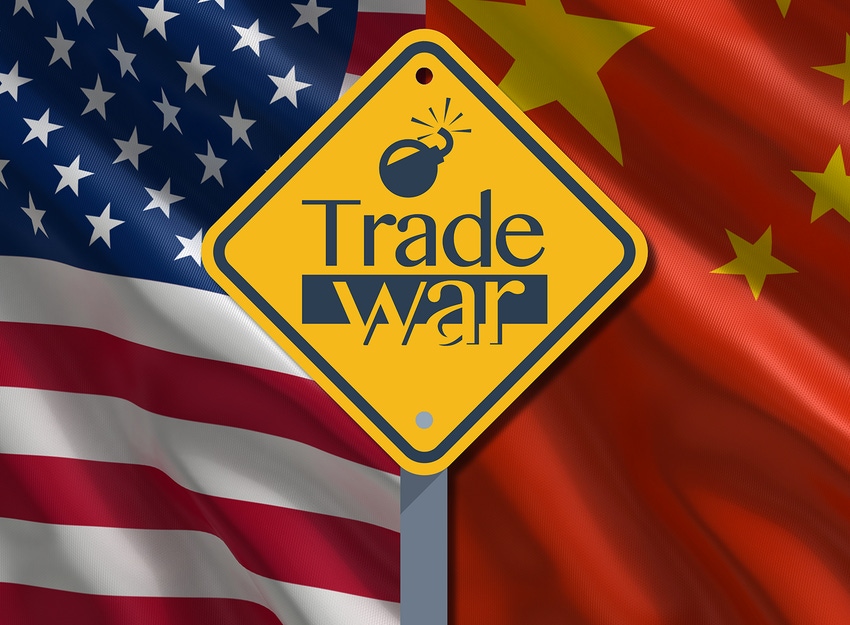Trump delays tariffs on various items
Legislative Watch: Tariffs delayed for holiday shopping; vaccine back moving forward; backlash from ethanol waivers.

President Trump announced he is delaying tariffs on various Chinese goods until Dec. 15. This delay will avoid tariffs and thus consumers having to pay more for various products which are popular during the Christmas season.
The items include cell phones, laptops, toys, video games, game consoles, fireworks and other items. These items account for approximately $156 billion of the $300 billion in Chinese goods that the White House has targeted for 10% tariffs effective Sept. 1.
Tariffs will still go into effect on Sept. 1 on approximately $107 billion of goods including tools, various apparel items, glass ornaments, various shoes and other products. Some items have been taken off the list for tariffs including bibles and shipping containers.
China has stated it has no choice but to retaliate even though the administration is delaying tariffs on certain items.
APHIS moving forward on vaccine bank
USDA’s Animal and Plant Health Inspection Service announced initial plans to implement the 2018 farm bill’s vaccine bank program.
This fall, APHIS will gather information from vaccine manufacturers interested in supplying the vaccine bank. APHIS will use this information to develop a vaccine acquisition strategy which will lead to requests for proposals for food-and-mouth disease vaccine to address a potential outbreak.
In a news release, APHIS says, “For our highest consequence animal diseases, it is important to have an effective insurance policy in the extremely rare chance of an outbreak. The new U.S.-only vaccine bank — a concept APHIS officials have long discussed with stakeholders and industry — allows USDA to stockpile animal vaccine and related products to use in the event of an outbreak of foot-and-mouth disease or other high-impact foreign animal diseases.”
APHIS is also moving forward with the farm bill’s National Animal Disease Preparedness and Response Program and will be expanding funding opportunities for the existing National Animal Health Laboratory Network.
EPA announces ethanol waivers
Last Friday, the Environmental Protection Agency announced it was granting 31 exemptions for small refineries from the annual renewable obligations under the renewable fuel standard. Six exemption requests were rejected by the EPA. At the same time, the EPA announced it was looking for ways to reduce regulations “that prevent marketplace entrance and growth to natural gas, flexible fuel vehicles and E85 fuels.”
There was a strong negative reaction from the renewable fuels industry and corn growers regarding the waivers which represents approximately 1.43 billion gallons of ethanol.
The Renewable Fuels Association says, “At a time when ethanol plants in the Heartland are being mothballed and jobs are being lost, it is unfathomable and utterly reprehensible that the Trump administration would dole out more unwarranted waivers to prosperous petroleum refiners.”
The National Corn Growers Association says, “Waivers reduce demand for ethanol, lower the value of our crop and undermine the president’s support for America’s farmers. Waivers benefit big oil at the expense of corn farmers who, between losing export markets abroad and ethanol markets at home, are losing patience.”
The RFS allows a small refinery producing less than 75,000 barrels per day to apply for a temporary exemption if it can prove that compliance would cause it to suffer disproportionate economic hardship.
The number of exemptions has increased dramatically over the past six years. There were only six exemptions allowed in 2013.
Source: P. Scott Shearer, who is solely responsible for the information provided, and wholly owns the information. Informa Business Media and all its subsidiaries are not responsible for any of the content contained in this information asset.
About the Author(s)
You May Also Like



